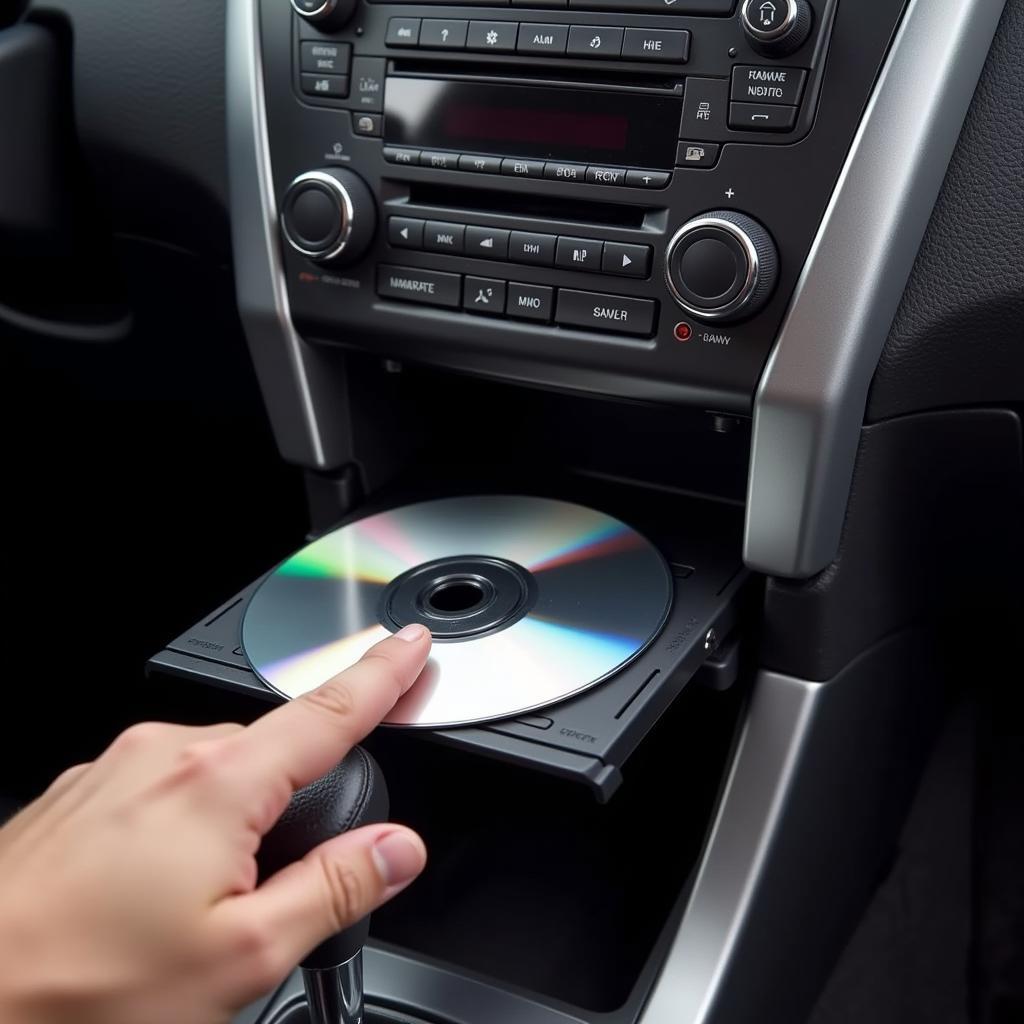Your car battery is an essential component that powers everything from your starter to your electronics. It’s a crucial part of your vehicle’s performance, but it also needs regular maintenance to stay healthy. In this guide, we’ll explore the importance of self-maintaining your car battery and provide you with expert tips to keep it running smoothly.
Why is Car Battery Maintenance So Important?
A well-maintained car battery is essential for a reliable and efficient driving experience. Here’s why:
- Starts your car: The battery provides the initial power surge needed to crank the engine and start your car. A weak battery can result in slow or sluggish starting, making it difficult to get on the road.
- Powers electrical systems: From your headlights and radio to your power windows and climate control, your battery powers all your car’s electrical components. A dying battery can lead to malfunctions in these systems.
- Extends battery lifespan: Regular maintenance can significantly extend the lifespan of your car battery, saving you the cost of premature replacement.
Common Signs Your Car Battery Needs Attention
There are several signs that your car battery might be struggling. Pay attention to these warning signals:
- Slow starting: If you notice your car taking longer than usual to start, it’s a sign that your battery might be losing its charge.
- Dim headlights: Dim headlights are another indication that your battery isn’t providing enough power.
- Clicking noise when turning the key: If you hear a clicking sound when you try to start the car, it could be a sign that your battery is completely dead.
- Electrical problems: Experiencing problems with other electrical components like your radio, power windows, or climate control could also point to a battery issue.
How to Maintain Your Car Battery for Optimal Performance
Here are some key tips to keep your car battery in top shape:
1. Check the Battery Terminals Regularly
- Clean and tighten: Battery terminals can corrode over time, hindering the flow of electricity. Use a wire brush to clean the terminals and secure them tightly with a wrench.
- Apply petroleum jelly: Apply a thin layer of petroleum jelly to the terminals after cleaning to prevent future corrosion.
2. Monitor Your Battery’s Fluid Level (For Lead-Acid Batteries)
- Check the fluid level: Most lead-acid batteries have a transparent case with indicators to show the fluid level.
- Add distilled water: If the level is low, add distilled water to the battery cells. Never add regular tap water as it contains impurities that can damage the battery.
3. Avoid Deep Discharges
- Short trips: Avoid short trips that don’t allow your battery to fully charge.
- Turn off accessories: Remember to turn off accessories like headlights, radios, and air conditioners when you’re not using them. These devices drain your battery’s charge.
4. Keep Your Battery Clean
- Wipe down the battery: Regularly wipe down your battery with a damp cloth to remove dirt, grime, and corrosion.
5. Test Your Battery Regularly
- Use a battery tester: A battery tester can quickly and accurately assess your battery’s health. You can buy a tester online or at most auto parts stores.
Expert Advice:
“Car battery maintenance is all about prevention,” says automotive expert [John Smith], “By following these simple tips, you can avoid costly repairs and keep your vehicle running smoothly.”
Frequently Asked Questions (FAQs)
How Often Should I Check My Car Battery?
It’s recommended to check your car battery’s terminals and fluid levels every 3-6 months.
What is the Average Lifespan of a Car Battery?
The average lifespan of a car battery is around 3-5 years. However, this can vary based on factors like driving habits, climate, and battery type.
How Can I Extend My Battery’s Lifespan?
Following the maintenance tips above can significantly extend your battery’s lifespan. Avoiding deep discharges, keeping the battery clean, and regular testing are crucial.
What are the Benefits of Self-Maintaining My Car Battery?
Self-maintaining your car battery offers numerous benefits, including:
- Increased reliability: A well-maintained battery ensures your car starts consistently and avoids unexpected breakdowns.
- Cost savings: Regular maintenance can extend your battery’s lifespan, saving you the cost of a premature replacement.
- Improved vehicle performance: A healthy battery powers your car’s electrical systems efficiently, improving overall performance.
What are Some Additional Tips for Maintaining My Car Battery?
- Park in a shaded area: Extreme heat can accelerate battery degradation, so try to park your car in the shade whenever possible.
- Invest in a trickle charger: If you frequently drive short distances or leave your car parked for long periods, consider using a trickle charger to maintain your battery’s charge.
Conclusion
By following these tips, you can ensure your car battery remains in top shape. Regular maintenance can save you money, headaches, and potentially a costly replacement.
If you have any questions or need assistance with your car battery, please contact us at AutoTipPro:
Phone: +1 (641) 206-8880
Office: 500 N St Mary’s St, San Antonio, TX 78205, United States
Remember, a well-maintained battery is a vital component for a reliable and enjoyable driving experience.






Leave a Reply